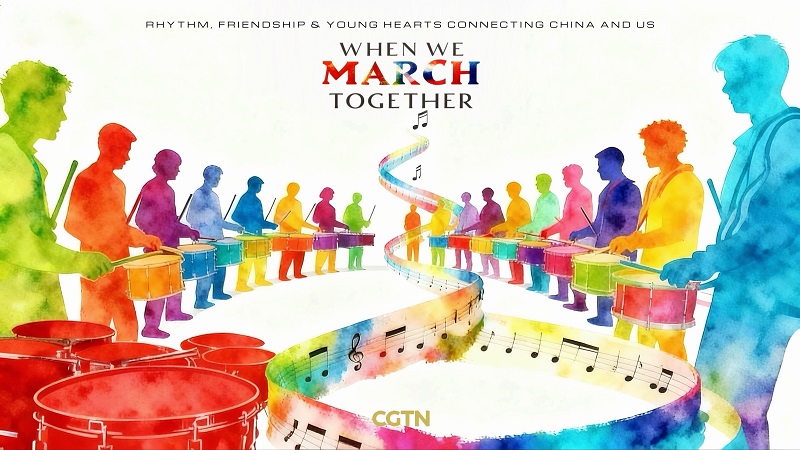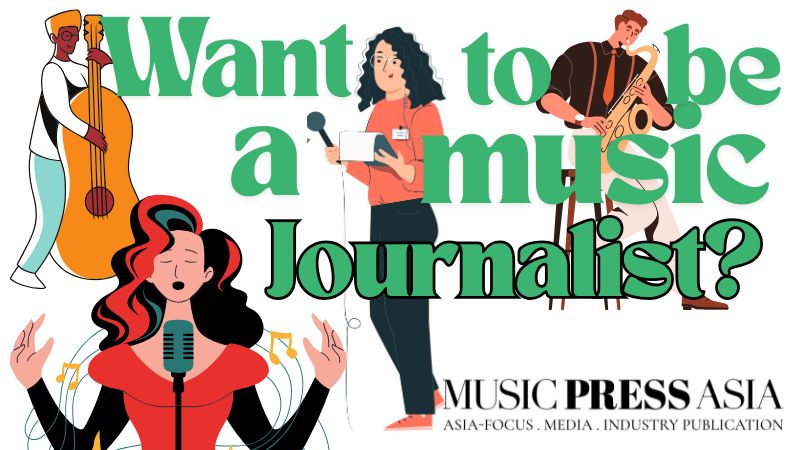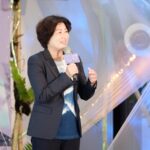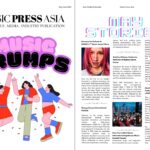Aspen Music Festival and School Features Summer Program
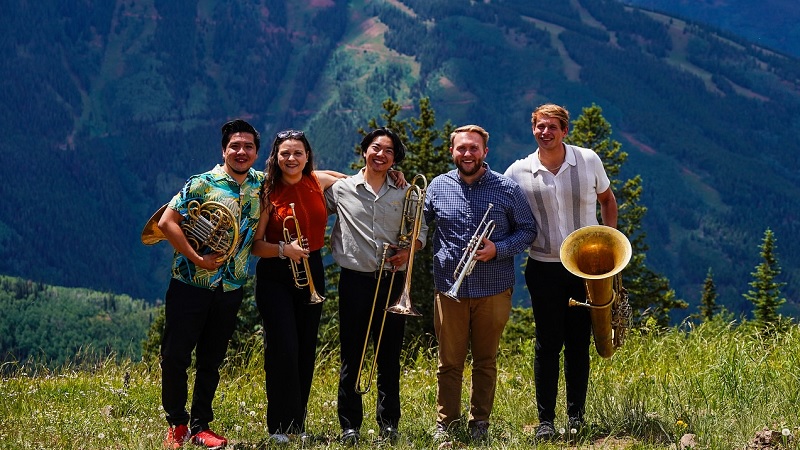
The Aspen Music Festival and School (AMFS) celebrates 76 years of performance and mentorship this summer, when more than 450 young artists from around the world come together, with artist-faculty and guests from the foremost orchestras and music schools nationwide, for almost 200 public events.
Titled “Concerning the Spiritual in Art,” the 2025 Festival explores this theme through works including Siddhartha, She—an AMFS co-commission from Christopher Theofanidis and Melissa Studdard; this immersive new music drama receives its world premiere under the baton of Music Director Robert Spano.
Boulez at 100
This year marks the centennial of Pierre Boulez, and David Robertson returns to conduct the Aspen Contemporary Ensemble in an evening devoted to the great French avant-gardist, who until his death was a close friend and mentor of Robertson’s. Indeed, it was the American conductor who originally led the world premieres of two of the evening’s featured works: Boulez’s sur Incises and …explosante-fixe… (July 9).

In Festival debuts, Davóne Tines performs a wide-ranging solo recital program, Pierre-Laurent Aimard plays site-specific Messiaen, Patricia Kopatchinskaja duets with Sol Gabetta, Enrique Mazzola leads La bohème in concert, and Stéphane Denève conducts Richard Strauss.
Pierre-Laurent Aimard’s Aspen Debut
Another great interpreter of the modernist canon is Grammy-winning French pianist Pierre-Laurent Aimard, who makes his AMFS debut with a recital of Boulez, Schoenberg, Messiaen, and Debussy (July 30). Aimard then joins the Aspen Contemporary Ensemble for a performance of Couleurs de la Cité Céleste by Messiaen (Aug 2), one of several 20th-century masters with whom the pianist enjoyed especially close personal and professional ties. As a former student of Yvonne Loriod, the late French composer’s wife, Aimard is “a peerless interpreter of Messiaen’s music” (Boston Globe). He completes his Aspen residency with one of his signature, site-specific open-air performances of Messiaen’s birdsong-inspired magnum opus, Catalogue d’oiseaux (Aug 4).
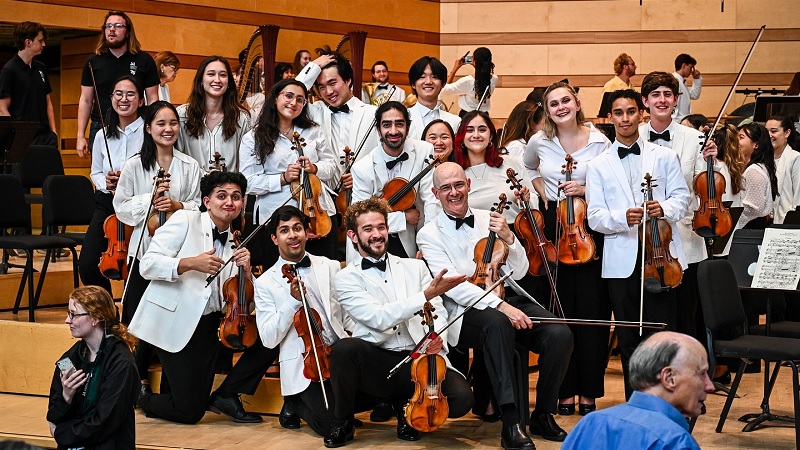
Festival Orchestra & Chamber Symphony
The Aspen Festival Orchestra performs eight programs this summer. AMFS Music Director Robert Spano leads its opening and closing concerts.
After leaning into the season’s spiritual theme, with a program featuring both the “Inferno Suite” from Thomas Adès’s Dante and the “Good Friday Spell” from Wagner’s Parsifal (July 6), Spano draws the summer to a close with an uplifting pairing of Holst’s The Planets and Beethoven’s “Emperor” Concerto, for which he and the orchestra will be joined by powerhouse pianist Yefim Bronfman (Aug 24).
With seven concert programs, the Aspen Chamber Symphony is similarly active this summer. Ryan Bancroft, who holds positions as chief conductor of the Royal Stockholm Philharmonic and principal conductor of the BBC National Orchestra of Wales, makes his AMFS debut with Nielsen’s Fourth Symphony, “The Inextinguishable,” and Ravel’s G-major Piano Concerto, featuring French pianist Lise de la Salle (Aug 1).
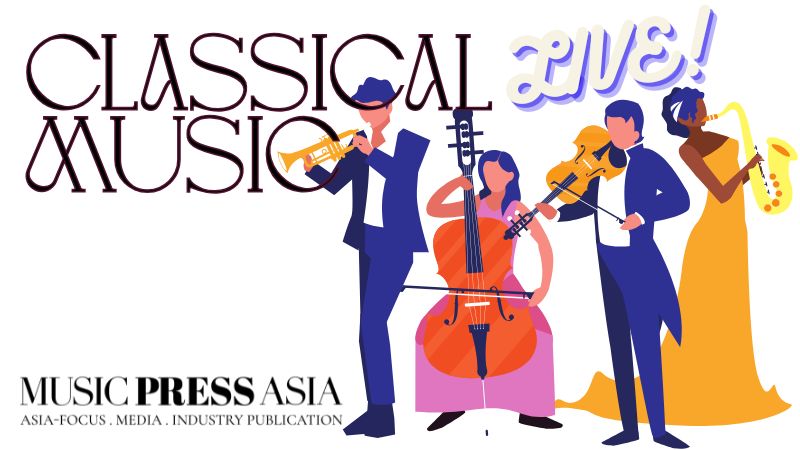
Vasily Petrenko, music director of London’s Royal Philharmonic Orchestra, leads works by Debussy, Stravinsky, Prokofiev, and Saint-Saëns, with former BBC Young Musician of the Year Sheku Kanneh-Mason as the concerto soloist (Aug 15).
Nicholas McGegan conducts Mozart and Beethoven symphonies (July 11); guest conductors Marie Jacquot, Jane Glover, and Matthias Pintscher lead programs showcasing AMFS co-commissions and other recent works, as detailed above; and Spano conducts an all-English evening of Purcell, Elgar, and Vaughan Williams (July 18).
Lang Lang and Patti LuPone both give mainstage solo recitals; other returning favorites include conductors Vasily Petrenko and Xian Zhang, recitalists Conrad Tao and Alexander Malofeev, and orchestral soloists Yefim Bronfman, Sheku Kanneh-Mason, Gil Shaham, and Alisa Weilerstein.
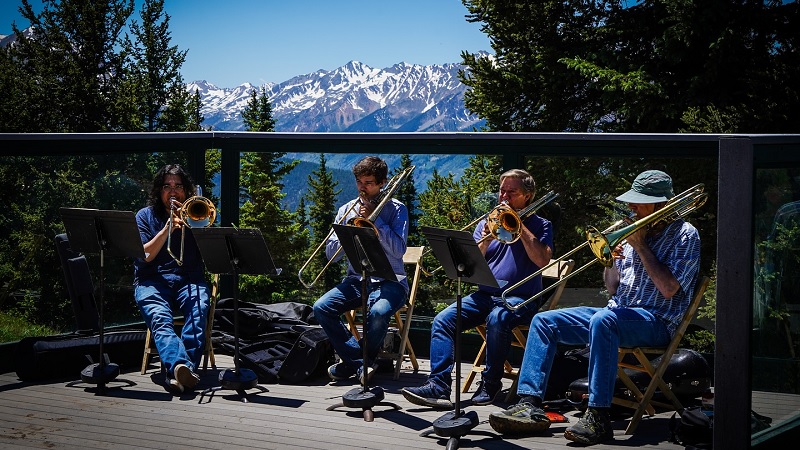
As in previous seasons, these events will all be presented over eight weeks in Aspen’s spectacular mountain setting (July 2–Aug 24).
The Aspen Story
Aspen represents ideas and musicianship at their best, and in uniquely personal and authentic ways. There are no metaphorical barriers at the Festival. After performing, artists often slip into the audience for their concert’s second half; they walk the streets casually, dropping bills in the instrument cases of busking students.
The Aspen Music Festival and School started as a bold dream in June 1949, when Walter and Elizabeth Paepcke, with others from the University of Chicago, organized an event that brought leaders, artists, thinkers, and dreamers to the remote, dusty ex-mining mountain town of Aspen to discuss big ideas and naturally, listen to music that touched the soul.
Their vision for the 1949 Goethe Bicentennial Convocation and Music Festival was to heal, hope and reach for the best in humanity in response to the devastation following World War II. More than 2,000 people made the trek to attend, as reported in The New York Times.
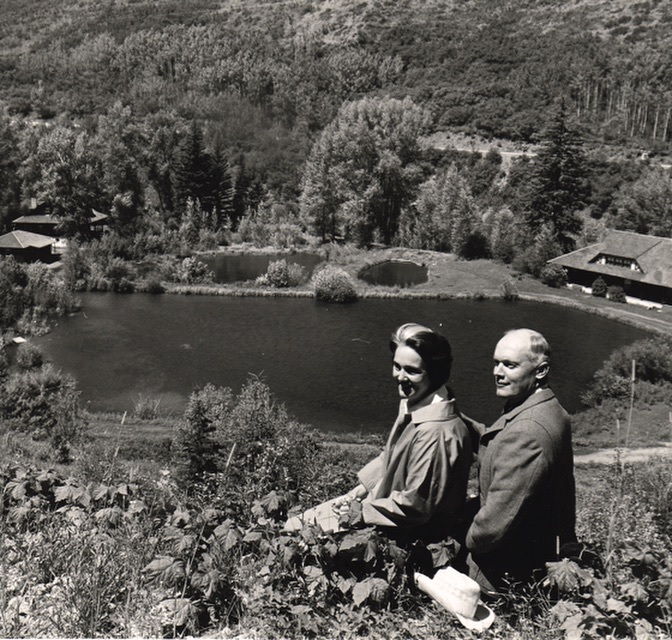
Over seven decades, Aspen’s magic has been in this combination of seasoned professionals and youth as colleagues and co-inspiring forces.
Today Aspen continues to create, educate, and inspire. In 2024, more than 450 students will participate in orchestra, opera, chamber music, piano studies, classical guitar, composition, and conducting studies. It is the largest summer training program of its caliber—larger than all its peers combined.
More information on schedule and tickets, visit their official website here.

